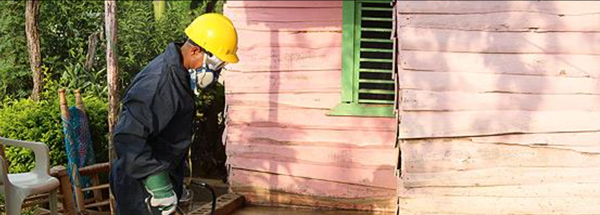Chikungunya Virus (CHIKV) Overview
Chikungunya virus (CHIKV) is a mosquito-borne pathogen that primarily causes Chikungunya fever. The following is a detailed summary of the virus:
1. Virus Characteristics
- Classification: Belongs to the Togaviridae family, genus Alphavirus.
- Genome: Single-stranded positive-strand RNA virus.
- Means of transmission: Mainly transmitted by Aedes aegypti and Aedes albopictus, the same vectors as dengue and Zika viruses.
- Endemic areas: Tropical and subtropical regions in Africa, Asia, America, and the Indian Ocean Islands.
2. Clinical performamce
- Incubation Period: Usually 3–7 days.
- Typical Symptoms:
- Sudden high fever (>39°C).
- Severe joint pain (mostly affecting hands, wrists, knees, etc.), which can last for weeks to months.
- Maculopapular rash (commonly on the trunk and limbs).
- Muscle pain, headache, nausea tec.
- Chronic symptoms: About 30%-40% of patients experience persistent joint pain, which may last for months or even years.
- Risk of severe illness: Newborns, the elderly and patients with chronic diseases may develop neurological complications (such as meningitis) or death, but the overall mortality rate is low (<1%).
3. Diagnosis and treatment
- Diagnostic Methods:
- Serological test: IgM/IgG antibodies (detectable about 5 days after onset).
- Molecular test: RT-PCR (detection of viral RNA in the acute phase).
- Need to differentiate from dengue fever, Zika virus, etc. (similar symptoms)
- Treatment:
- There is no specific antiviral drug, and symptomatic support is the main treatment:
- Pain/fever relief (avoid aspirin due to bleeding risk).
- Hydration and rest.
- Chronic joint pain may require anti-inflammatory drugs or physiotherapy.
- There is no specific antiviral drug, and symptomatic support is the main treatment:
4. Preventive measures
- Mosquito Control:
- Use mosquito nets and mosquito repellents (including DEET, picaridin, etc.).
- Remove stagnant water (reduce mosquito breeding sites).
- Travel advice: Take precautions when traveling to endemic areas and wear long-sleeved clothing.
- Vaccine development: As of 2023, no commercial vaccines have been launched, but some candidate vaccines are in clinical trials (such as virus-like particle vaccines).
5. Public Health Significance
- Outbreak Risk: Due to the widespread distribution of Aedes mosquitoes and climate warming, the scope of transmission may expand.
- Global epidemic: In recent years, outbreaks have occurred in many places in the Caribbean, South Asia (such as India and Pakistan) and Africa.
6. Key Differences from Dengue Fever
- Similarities: Both are transmitted by the Aedes mosquito and have similar symptoms (fever, rash).
- Distinctions: Chikungunya is characterized by severe joint pain, while dengue is more likely to cause bleeding tendency or shock.
Conclusion:
We Baysen Medical is always focus on diagnostic technique to improve the quality of life . We have developed 5 technology platforms- Latex , colloidal gold , Fluorescence Immunochromatographic Assay , Molecular,Chemiluminescence Immunoassay.We also focus on testing for infectious diseases,We have Dengue NSI rapid test,Dengue IgG/IgM rapid test, Dengue NSI and IgG/IgM combo rapid test
Post time: Jul-24-2025






